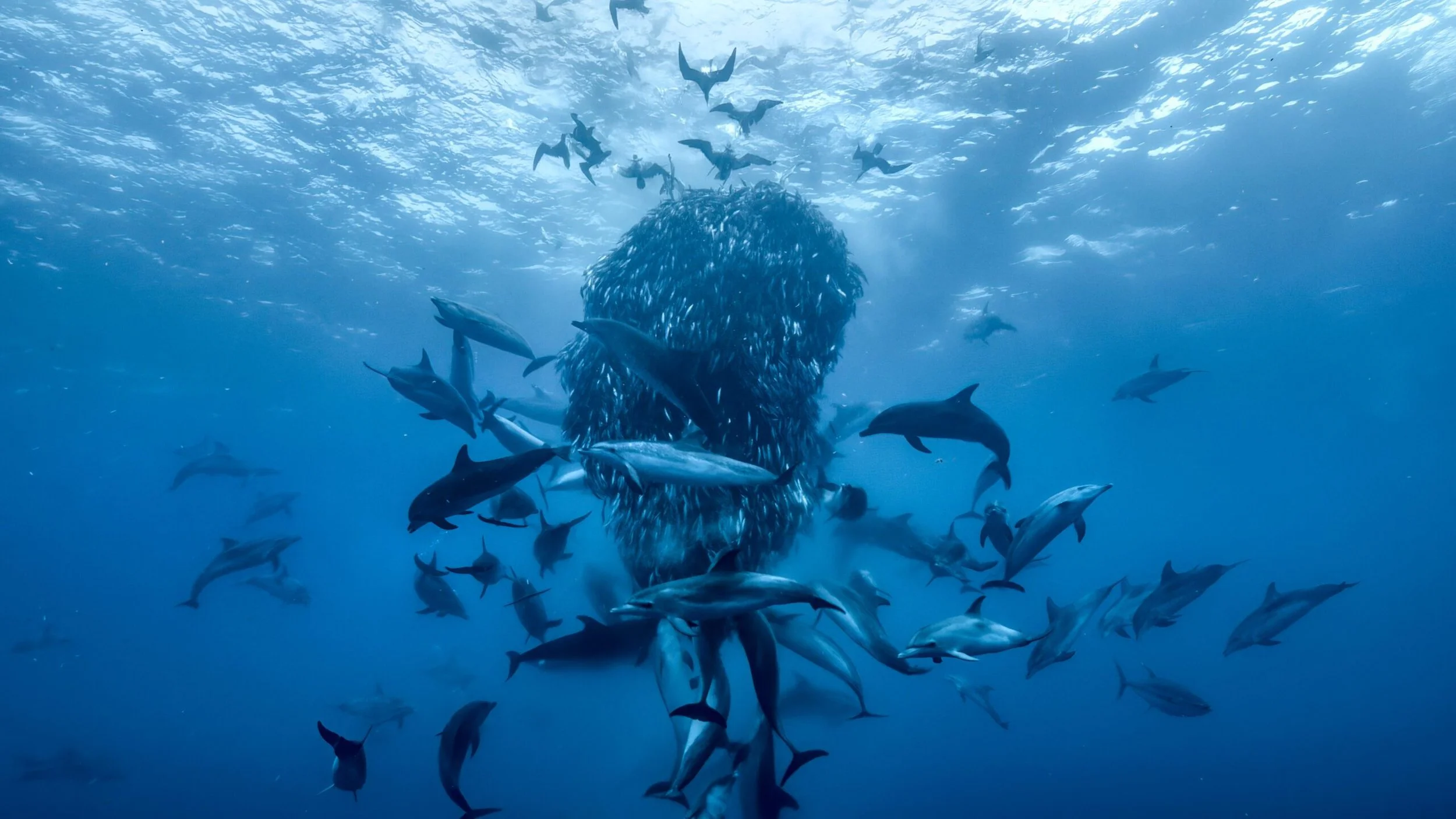Now You’ve Seen It
4 years, 1 month, 22 days
8 July 2025
‘If we save the sea, we save our world’.
Our oceans are critical to our future as humanity on this planet. They are both a source of food for nearly a third of the global population, especially small island and coastal communities which are heavily dependent on seafood, and a keystone of our climate ecosystem. According to the United Nations our oceans generate 50% of the oxygen we breath, absorb 30% of all carbon dioxide emissions, and have absorbed 90% of the ‘excess heat’ generated over the last fifty years. They are also home to the majority of the world’s biodiversity.
But the actions of mankind are pushing our oceans towards breaking point. Last autumn the torrential flooding in Valencia, that took over 200 lives and caused billions of euros worth of damage, was significantly exacerbated by the abnormal warmth of the Mediterranean which broke all previous records in both 2023 and 2024. And despite decades of laws in various countries to limit overfishing, the industrial stripping of our oceans continues without meaningful restraint.
The most powerful advocacy of the urgent need for change has been in cinemas this month in the 99-year-old David Attenborough’s film Ocean from which my opening quote here is taken. It is a beautiful, compelling film, but also frankly deeply distressing to watch the wholesale destruction of nature that we permit almost everywhere globally through bottom trawling – an approach to fishing akin to running a giant bulldozer across the land, sweeping up everything, and then later discarding anything which isn’t what was being sought (which is on average 50% of the catch).
In an otherwise decently balanced website, for those interested in more detail, the Marine Stewardship Council (MSC) appears to justify it by saying the approach provides a quarter of the global catch. Bizarrely it is even permitted in many so-called Marine Protected Areas. And bottom-trawling is not just decimating fish populations and destroying the plants and animals of sea-beds. It is also, according to the MSC, one of the most carbon-intensive food industries, albeit dwarfed by beef.
I confess it wasn’t something I had focussed on until I watched the film. But once you see it you can’t un-see it. And I don’t want to. As I left the cinema I signed the Greenpeace petition to ban it from the UK’s Marine Protected Areas.
If you haven’t seen the film I urge you to do so, and see how it makes you feel.
Photo credit: Doug Anderson © Silverback Films and Open Planet Studios
